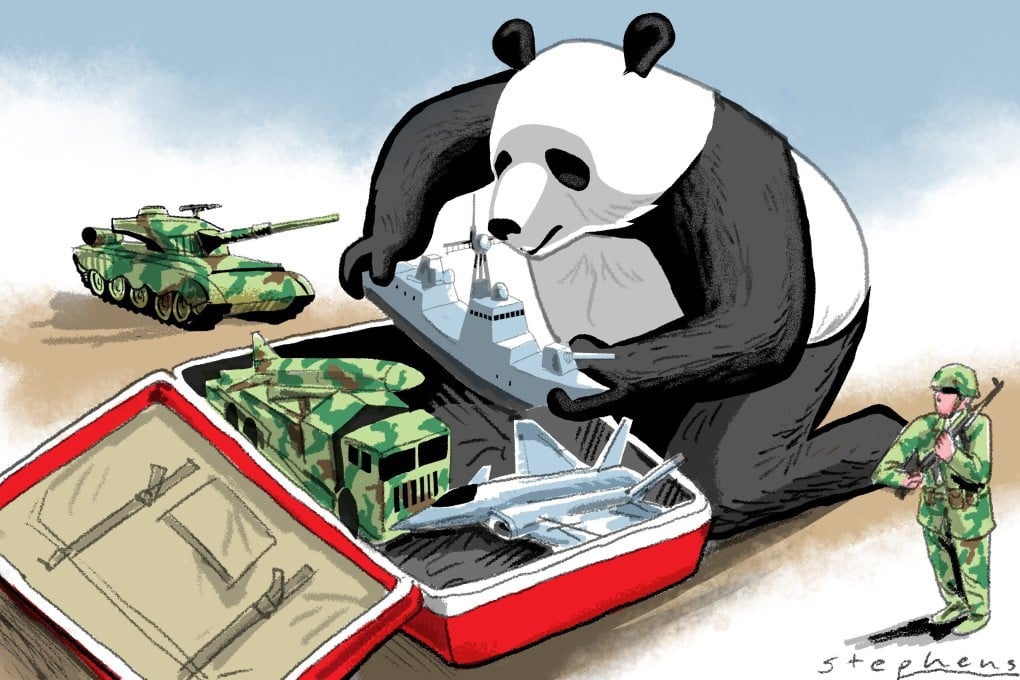Opinion | How China’s defence law changes pave the way for greater global military influence
- By providing legal support for future overseas adventurism, the law underlines Beijing’s intent to be a more activist military power and expands the reasons it might project its power abroad – a change that could shake up global politics

Just as much of the world celebrated the dawning of 2021 and bade good riddance to the much-maligned 2020, China quietly updated key legislation that could change world events.
By providing legal support for China’s future overseas adventurism, the law both underlines Beijing’s intent to be a more activist military power and expands the reasons it might project its power overseas. As such, the little-reported amended law might be the most significant event in global politics for years.

02:31
The growth of Chinese military power over the past four decades
Of course, there has been little doubt that it is the party organs, and the general secretary in particular, that make decisions over military deployments, mobilisation and utilisation. Nevertheless, these amendments now add de jure confirmation of the minimal role played by the state.
